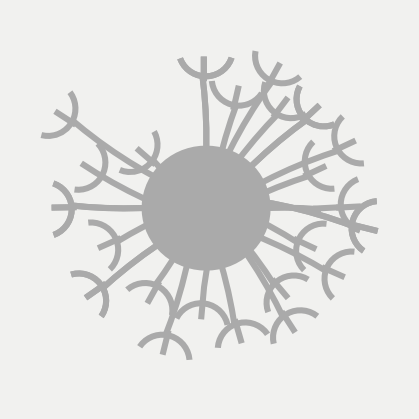Ideas into movement
Boost TNI's work
50 years. Hundreds of social struggles. Countless ideas turned into movement.
Support us as we celebrate our 50th anniversary in 2024.

Bush's behavior raises questions about his relationship to Pinochet, whose 17-year regime executed more than 3,190 people.

TNI and the Pinochet precedent
Former President George Bush is acting strangely these days, as if he may have something to hide. On April 12 The London Times reported that Bush had written a letter supporting former Chilean dictator Augusto Pinochet, whom British authorities have detained since October while trying to decide whether to let a Spanish magistrate extradite and try him for crimes against humanity. The Times quoted Bush's letter to former British Chancellor Lord Lamont, calling the accusation against Pinochet a travesty against justice. Britain, Bush concluded, should allow Pinochet to return to Chile.
Why would a former President who spends his time schmoozing at fund raisers issue an impassioned defense of a notorious Latin American dictator? Hoping that the full text of the letter might help explain Bush's actions, we tried to get a copy. On April 26 Michael Dannenaher, Bush's chief of staff, told us that he, not Bush, had written said letter and that he would not provide a copy. We then turned to House International Relations Committee member Rep. Cynthia McKinney, D-Ga., who also requested a copy. Her aide told us that Dannenaher gave him a different story: that no letter had been written. Lamont insists he received a letter from Bush but has yet to comply with McKinney's request for a copy.
Bush's behavior raises questions about his relationship to Pinochet, whose 17-year regime executed more than 3,190 people. The CIA backed Pinochet's rise to power in a bloody 1973 coup. Three years later Bush, as head of the CIA, had access to information that Pinochet headed Operation Condor, an international network of secret-police agencies established to eliminate dissidents. CIA officials knew, for example, that Chile had sent agents to Argentina and Italy to assassinate prominent exiled opponents. The CIA also knew Pinochet's method for foreign killings because it and the FBI collaborated in some phases of the Condor operations. Nevertheless, Bush and other CIA officials reacted like tortoises when a top-secret cable arrived in June 1976 from US Ambassador to Paraguay George Landau (no relation to author Saul Landau). The cable advised CIA Deputy Director General Vernon Walters that Landau had authorized US visas for two of Chile's covert agents, who were using phony Paraguayan passports, to visit Washington. Walters was absent, so according to CIA protocol, only Bush could have signed for the cable. Landau received no response to his urgent alert. Pinochet's secret-police chief aborted that mission, then quickly rescheduled it. Two months later, two other Chilean agents under the same aliases obtained US visas in Santiago. Upon their arrival, US immigration officials informed the CIA, but the CIA apparently made no response. To Pinochet, this may have been an indication that the coast was clear to hit his target: Orlando Letelier, a former Chilean ambassador to the United States.
On Sept. 21, 1976, Chilean agents detonated a bomb under Letelier's car as he drove to work at the Institute for Policy Studies in Washington, DC, An American colleague, Ronni Moffitt, also died in the attack. Bush promised the FBI full cooperation, but the CIA withheld key information, including photocopies of the phony passports that Landau had sent. The agency also appears to have planted stories suggesting Pinochet's innocence in the affair. FBI investigators later complained that the CIA delivered thousands of files of leftist suspects, suggesting that the Chilean left had killed Letelier to create a martyr.
Pinochet's hatred of Letelier was no secret in Washington. Three months before the assassination, Pinochet had complained to then-Secretary of State Henry Kissinger that Letelier's influence with the US Congress was creating problems for him. Months after the murders, the State Department finally gave the FBI its copy of Landau's files on the covert operatives, which led to indictments against eight of Pinochet's men. Given the working relationship between Chile's secret police and the CIA, Bush may have assumed that Pinochet wouldn't embarrass the Americans with a high-profile assassination a mile from the White House. Once the deed was done, did the CIA cover it up?
We can't even get a straight answer from Bush on whether he is supporting Pinochet today, much less what he might have been doing 23 years ago. Ironically, Pinochet himself eventually might reveal the truth of his relationship to the CIA. If his British appeals fail, he might spill interesting information on the witness stand in Spain. The absence of sex scandals in Bush's legacy may pale before the stain of dalliances with an international serial killer.
Copyright 1999 The Miami Herald